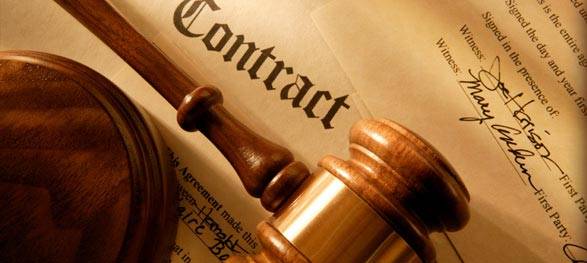What really happens if police don’t give Miranda warnings to a suspect.
Many people believe that if they are arrested and not “read their rights,” they can escape punishment. Not true. But if the police fail to read a suspect his or her Miranda rights, the prosecutor can’t use for most purposes anything the suspect says as evidence against the suspect at trial. Of course, as with nearly all legal rules, there are exceptions.
What Are Your Miranda Rights?
The Miranda warning (from the U.S. Supreme Court’s Miranda v. Arizona decision), requires that officers let you know of certain facts after your arrest, before questioning you. An officer who is going to interrogate you must convey to you that:
- You have the right to remain silent.
- If you do say anything, it can be used against you in a court of law.
- You have the right to have a lawyer present during any questioning.
- If you cannot afford a lawyer, one will be appointed for you if you so desire.
When the Miranda Warning Is Required
It doesn’t matter whether an interrogation occurs in a jail, at the scene of a crime, on a busy downtown street, or the middle of an open field: If a person is in custody (deprived of his or her freedom of action in any significant way), the police must read the Miranda rights if they want to ask questions and use the answers as evidence at trial.
If someone is not in police custody, however, no Miranda warning is required and anything the person says can be used at trial. Police officers often avoid arresting people—and make it clear to them that they’re free to go—precisely so they don’t have to give the Miranda warning. Then they can arrest the suspect after getting the incriminating statement they wanted all along.
Pre-Arrest Questioning
Do you have to respond to police questions if you haven’t been arrested? Generally, no. (You typically don’t have to answer even if you’re under arrest.) A police officer generally cannot arrest a person simply for failure to respond to questions. (There are, however, situations where you might have to provide information like identification).
Post-Arrest Questioning
The almost-universal advice of defense attorneys is to keep the old mouth tightly shut when being questioned after an arrest, at least until after consulting an attorney. Suspects all too frequently unwittingly reveal information that can later be used as evidence of their guilt.
Consequences of Failure to Provide Miranda Warning
Without a Miranda warning, what the arrestee says in response to custodial questioning can’t be used for most purposes as evidence at trial.
When Police Come Down Too Hard
A violation of Miranda rights doesn’t necessarily mean that the officers coerced the statement out of the suspect. But if they did, not only is the statement inadmissible, but so too is any evidence that the police obtain as the result of it.
Talk to a Lawyer
The Miranda rule is complex, and no one article can address all its ins and outs. If you’ve been arrested or charged with a crime, you should talk to a lawyer for a full explanation of the law, including how it may differ slightly in your state.
If you are in search for an attorney that has your best interest in mind, don’t hesitate, contact Skip Potter now! He will listen to your concerns and will give you a direct response on what your best and worse case scenario is. His ultimate goal is to get you the best result possible. Contact us now to schedule a consultation.
Source: http://www.nolo.com/legal-encyclopedia/police-questioning-miranda-warnings-29930.html





